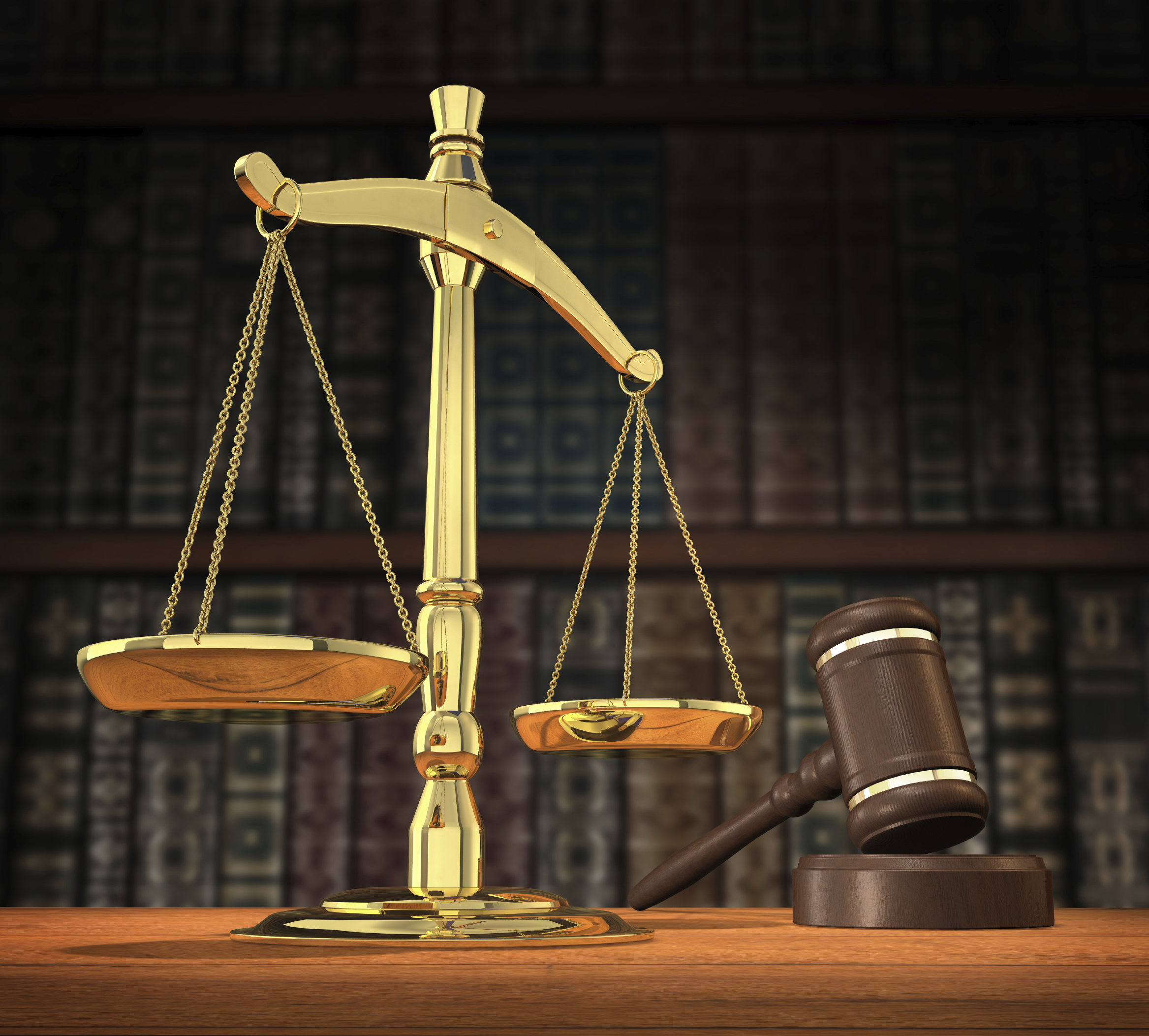
Businesses Must Understand the Unfair Competition Causes of Actions Available to Consumers in Maryland
- March 10, 2016
- William Heyman
- Comments Off on Businesses Must Understand the Unfair Competition Causes of Actions Available to Consumers in Maryland
Unfair competition laws are intended to ensure that consumers who enter into a business deal receive the benefit of the bargain they were promised. The consumer protection and unfair competition laws apply to all industries including financial, healthcare, and even legal services procured in Maryland. Furthermore, the laws are broadly applicable to an array of conduct that is considered unfair or deceptive.
It is essential for businesses located in or with commercial interests in Maryland to understand the scope of these federal and state laws. Furthermore, consumers who feel they have been tricked, deceived, or negatively impacted by other unfair practices would do well to understand and apply these concepts should negotiation of a solution fail.
Unfair Competition Remedies Available in Maryland under Federal Law

Under federal law, the Federal Trade Commission Act or FTC Act is the most common means for a company to face legal action regarding unfair competition affecting a consumer. Other sources of law that may give rise to legal liability includes the Sherman Act and its prohibitions on conspiracies to set, maintain, stabilize or increase prices among competitors.
Under Section 5 of the FTC Act codified at 15 U.S.C. 45(a)(1) “Unfair methods of competition in or affecting commerce, and unfair or deceptive acts or practices in or affecting commerce, are declared unlawful.” Statements made to a prospective client including assurances, inducements, and advertisements can give rise to legal liability under this act. However there are certain elements that must be met to bring a viable cause of action under the FTC Act. There elements are:
- The business or agent of the business makes a promise, representation, or engages in a practice that is likely to mislead a consumer.
- The consumer acts reasonably under the circumstances and understands the representation or statement in a way that is reasonable under the circumstances.
- The representation or inducement made by the business is material. A material representation is one that is likely to influence behavior or the decision-making process. Representations that are non-material or merely incidental to the dealing do not give rise to a valid cause of action.
Both goods and services are covered under the FTC Act. It is important to remember that the standard is what a reasonable consumer would believe. The “literal truth” is not a defense nor the standard through which a court would analyze the scenario. Rather, a court will look to determine how the reasonable consumer would interpret the representation. While the federal FTC Act does not provide a consumer a right to bring a private lawsuit, consumer complaints can lead to federal regulatory enforcement action against alleged unfair and deceptive practices. Defending and resolving such claims can lead to enormous expenses as well as significant business interruptions or even closure under egregious circumstances.
Maryland’s Unfair Competition Remedies Can Lead to Consumer Lawsuits

Maryland’s Consumer Protection Act (MCPA) does authorize an individual consumer to hire an attorney and to file a private lawsuit against the company or organization engaging in unlawful or unfair trade practices. Codified in the Maryland Commercial Law Code at § 13-301, the statute prohibits deceptive trade practices including any “[f]alse, falsely disparaging, or misleading oral or written statement, visual description, or other representation of any kind which has the capacity, tendency, or effect of deceiving or misleading consumers.” The law prohibits representations regarding goods or services that falsely state:
- A sponsorship, approval or endorsement exists when it does not.
- The dealer or merchant is affiliated with a certain group, company, or person when this is untrue.
- The condition of the good is new when it is second-hand or refurbished.
- Any material fact
- That other goods or services are of an inferior quality
- Advertising goods or services that the offeror does not intend to make available at the stated price
- Advertising a deal without intent to supply sufficient quantity.
An array of other prohibited practices are set forth in the law. A failure to understand these prohibitions can lead to private lawsuits that can result in significant damages as well as the plaintiff’s costs and attorneys’ fees.
Work with an Experienced Maryland Business Litigation & Unfair Competition Lawyer
Litigation attorney William Heyman of the Law Firm of William S. Heyman pursues a balance approach to unfair competition law, working to ensure that businesses do not run afoul of the law and are vigorously defended against lawsuits and regulatory actions. To schedule a confidential legal consultation, call (410) 305-9287 or contact us online today.
